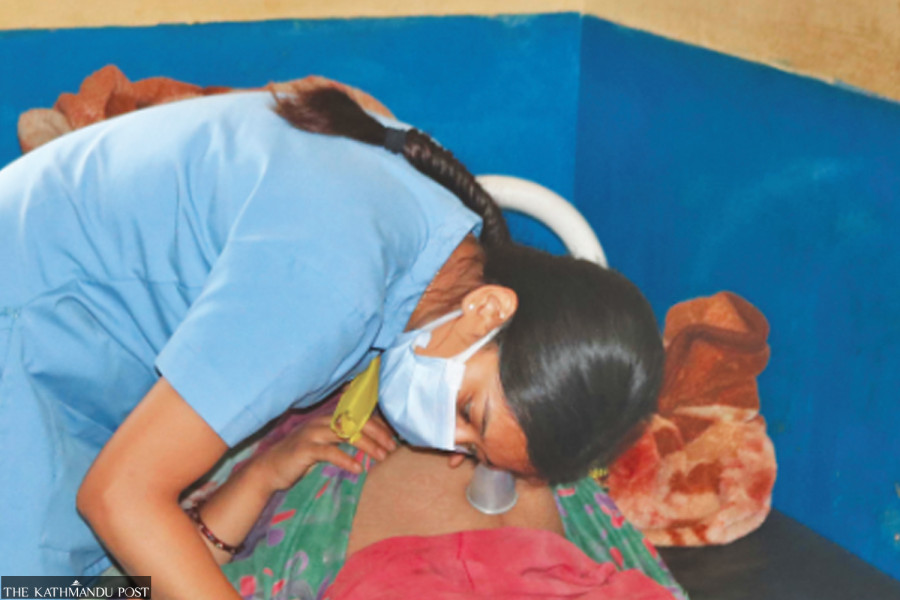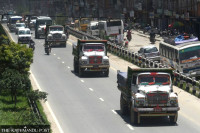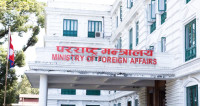National
No let-up to infant mortality in Salyan
While the infant mortality rate has been on a decline for the past two years, it’s projected to rise this year.
Biplab Maharjan
When Anjana DC, 25, gave birth to her first child at Salyan District Hospital in late January, the newborn was immediately transferred to the Neonatal Intensive Care Unit. The child was born with a complicated condition. On the third day at the unit, the child died.
“Only I know the pain and guilt of losing my firstborn,” said DC, who is from ward 7 of Baghchaur Municipality in Salyan. “I belong to a working-class family, and I feel guilty for failing to provide necessary care during pregnancy.”
DC said she was speechless when the doctors asked her why she had missed her routine pregnancy check-ups. That had led the baby to suffer complications, which could have been averted if they had been discovered earlier.
At least two other women in Salyan whose newborns died upon birth said they had skipped routine pregnancy check-ups.
For two decades, the Salyan District Health Office has been conducting the ‘Safe Motherhood Programme’ for the safety of mothers, foetuses, newborns, and infant children. The hospital also provides surgical services for better maternity and neonatal care. Arjun Budha Magar, chief of the District Health Office, said 45 birthing centres have been providing free health services along with delivery and follow-up check-ups in the district. But despite all that, foetuses and newborns continue to die in the district. Even if the deaths have declined in the past few years, the numbers haven’t fallen as expected.
The Salyan District Health Office reports that 27 foetuses died in the womb in the fiscal year 2019-2020, 59 in 2020-2021, 34 in 2021-2022, 30 in 2022-2023, and 22 in the current fiscal year so far.
Meanwhile, as many as 27 newborns died in 2019-2020, 59 in 2020–2021, 34 in 2021–2022, and 21 in 2022–2023. A woman died during delivery at the district hospital last year.
The district health office has arranged for compulsory pregnancy check-ups aimed to reduce infant deaths, Magar said. But pregnant women miss the check-ups, which often result in newborn deaths. “It looks like the awareness programme conducted by the office and the municipality is not effective,” Magar said. “Carelessness” among pregnant women and their families is one reason why newborn deaths have not stopped.
“Pregnant women should be taken to health institutions for regular check-ups, and every time they complain of a problem, even if it's a minor one,” Magar added.
According to the district hospital, most of the women whose children died upon birth are from the remote, underdeveloped areas of the district. There are several reasons why pregnant women miss pregnancy check-ups, according to doctors: work pressure; lack of manpower to take them to the health facilities; long distance between home and health facilities; lack of roads; and the absence of awareness.
“Most pregnant women in remote areas do not have nutritious food, skip regular health checkups, and are unable to travel to the district hospital immediately when they are sick,” said Dr Abhishek Singh, Doctor of Medicine in General Practice (MDGP) at the Salyan District Hospital. “These are some reasons why pregnancy and neonatal deaths haven’t declined as they should have.”
Singh then shared an alarming projection: “At the end of the current fiscal year, the number of dead foetus deliveries and infant mortality rate in Salyan will be higher compared to last fiscal year.”




 20.06°C Kathmandu
20.06°C Kathmandu















